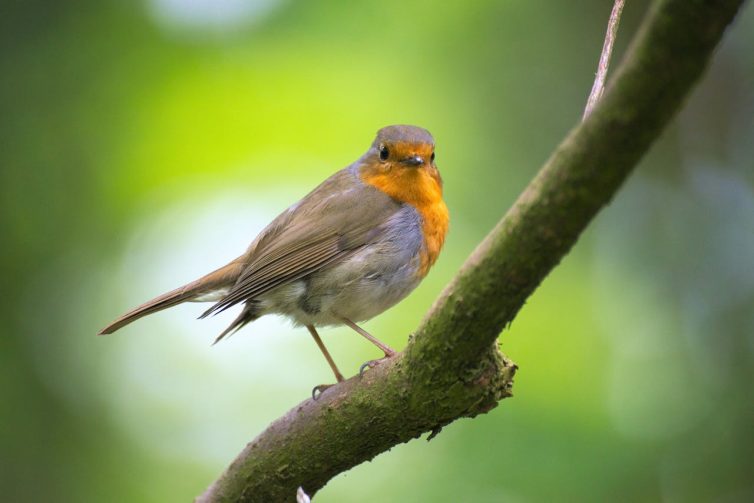The UK’s bird population has been in decline for decades due to a loss of habitat and natural food sources.
In fact, in the past 50 years it is estimated that Britain has lost 73 million breeding birds, with the all-species index reporting a 15% decrease from its 1970 value.
But all hope is not lost! This blog will go over some of the best ways you can support your local birds, from how to create a bird-friendly garden to protecting bird habitats and reducing your carbon footprint.
Create a bird-friendly garden
One of the easiest ways to support the UK’s bird population is to make your garden as bird-friendly as possible. You can do this by providing supplementary bird food catered to different bird species in a variety of feeders. For example, if you want to attract some of the UK’s endangered birds like nuthatches, woodpeckers or starlings, providing a selection of bird food including sunflower seeds, peanuts and suet should do the trick.
Providing birds with water and shelter is equally important as a food source. Birds rely on water sources to stay hydrated and keep their feathers in good condition. They also require shelter to keep them safe and secure from predators and harsh weather conditions. Making your garden a safe haven with food, water and shelter is a sure-fire way to help your local bird population and keep them coming back on a regular basis.
Protecting bird habitats
Habitat loss is a major contributing factor to the decline of bird populations in the UK. It is fundamentally caused by changes in land use, such as new roads being built and hedgerows and other vegetated areas being removed for infrastructure. You can help protect natural bird habitats in urban areas by planting bird-friendly native plants, avoiding pesticides and reducing your carbon footprint. Avoiding single-use plastics, reducing your energy consumption and using public transport are great places to start!
UK native plants like hawthorn, holly bushes and honeysuckle can provide excellent habitats and food sources for your local birds, plus they are already adapted to the local climate and soil conditions, making them easier to care for and grow. Utilising natural pest control methods like neem oil for insects and ladybirds for aphids over chemical pesticides can also help to protect your local wildlife and their habitats.
Raising awareness
Raising awareness about the importance of bird conservation with your family and friends can help foster a community interest in protecting wildlife and helping our bird populations. You can also support the UK’s bird population by donating or volunteering with bird conservation organisations or participating in local birdwatching events and surveys.
The UK’s bird population may be in decline, but it is not beyond saving. By creating a bird-friendly garden, protecting their natural habitats and raising awareness of bird conversation efforts, you can play a crucial role in getting your local bird population back on its feet!
